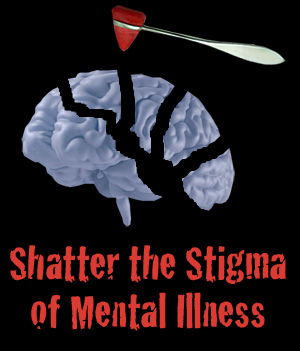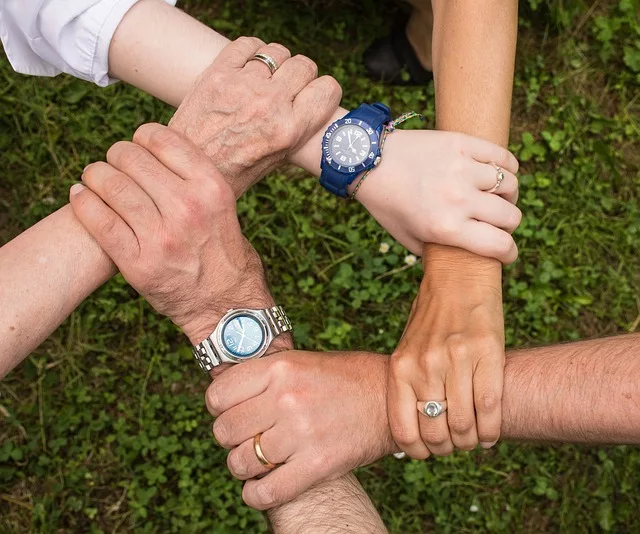There’s no denying that society is more aware of mental illness today than in years past. With high-profile celebrities, such as Catherine Zeta-Jones, Mel Gibson or Brooke Shields, speaking out about their disorders, mental health issues are getting a lot more press.
In 2012, a reported 9.6 million adults suffered from a serious mental illness, according to the National Institute of Mental Health. The Diagnostic and Statistical Manual of Mental Health (DSM-5), published by the American Psychiatric Association (APA), estimates that 46.4 percent of Americans will suffer from a mental illness at one point in their lifetime.
If mental illness is so prevalent, why are so many people scared to seek the help they need?

Fear, Loathing And The Lack of Understanding
For centuries, people suffering from mental conditions, such as schizophrenia or bipolar disorder, were considered insane or “mad.” They were locked away in sanitariums or prisons. If you think society is leaps and bounds past that, consider a study done by the Bureau of Justice Statistics. It found that more than half of all inmates have mental health issues and that suicide is the number one cause of death for prisoners in local jails.
When it comes to disorders like depression or substance abuse, much of the population still views these as signs of moral weakness instead of complicated diseases of the brain. In turn, those suffering from treatable illnesses refuse to come forward for fear of exposure.
Here are some of the consequences people suffer as a result of the stigma surrounding mental health issues:
- Discrimination at work or school
- Alienation from friends, family and colleagues
- Difficulties getting proper housing
- Physical violence
- Feelings of shame and guilt
- The belief that there is nothing that can help them
People living with untreated mental disorders often experience serious pain. Advances in science have shed light on these diseases and should be treated as such, not stigmatized. Physicians can diagnose disorders, prescribe medication, or use psychotherapy techniques to relieve suffering patients.
While more people than ever before are going to treatment and getting the help they need, there are still far too many who are afraid to seek help. Most are afraid of the “label” that is placed on people going to therapy. Getting help for depression does not mean a person is weak, lazy, or worse, crazy.
Without proper treatment, some will turn to drugs or alcohol to ease the pain or escape from their problems, creating a co-occurring disorder of substance abuse and mental illness. Distorted thinking at times plays a role, and the fear of treatment or what others will say is blown way out of proportion.
Mental Health Controversies
While the societal stigma around mental heath issues is slowly breaking down, there are controversies brewing about what’s considered a mental disorder. One argument some have made is that the definition of mental illness has broadened so much that it now includes what was considered “normal behavior.”
For instance, should a person be diagnosed with obsessive-compulsive disorder if they have the bad habit of biting their fingernails? Or is someone in the natural grieving process after the loss of a loved one clinically depressed? Some experts claim that the APA’s release of the DSM-5 in May 2013 will result in more people being diagnosed with mental disorders.
It’s not hard to understand why there is a stigma around issues of mental health. Communities have always feared what they didn’t understand. Now, though, the focus is largely going in the right direction, with mental disorders being widely regarded as treatable illnesses. More than anything, this means that those suffering can come forward and get the proper treatment. It’s time to end the stigma of mental illness.
Related:
Project Semicolon Promotes Suicide Prevention & Mental Health Awareness
The Symptoms and Treatment of Depression
Neurotransmitter Boosting Foods to Improve Overall Wellbeing





